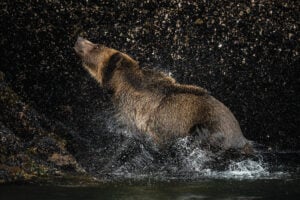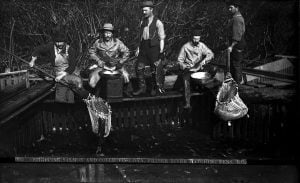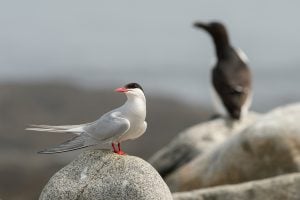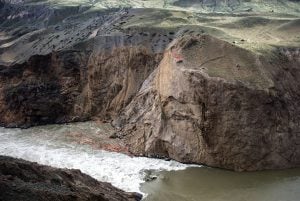Four years ago, an Atlantic salmon was caught off the coast of Baffin Island, the fifth largest island in the world. Situated between Greenland and the mainland of Canada, most of the island sits above the Arctic Circle—which up until now has made it a strange place to find salmon.
Not anymore, according to local fishermen.
“It’s not something new,” said fisherman Daniel Jaypoody in an interview with the CBC. “Even the elders will say that they’ve caught one in their net once in their lifetime.”
Historically, wild Atlantic salmon have been located in more southern areas of eastern North America. In Canada, this meant anything east of Ontario; in the United States, this meant all of the New England states and New York.
Clyde River, Nunavut, however, is thousands of kilometres north of these places.
But scientists in a Winnipeg Department of Fisheries and Oceans lab have officially confirmed what fishermen in Nunavut have been observing for years. Using DNA from the fish that was captured in 2012 and frozen, they established Atlantic salmon are now swimming north of the Arctic Circle.
According to the CBC, “communication and timing issues” prevented the testing from being carried out until last month.
But why are salmon pushing north?
Researchers are now trying to answer that question. The most likely cause, at the moment, is climate change. Warmer temperatures in the Arctic are making the area more hospitable for unfamiliar marine life.
Northward moving salmon are yet another indication that Arctic life as we know it is changing.
Related:





